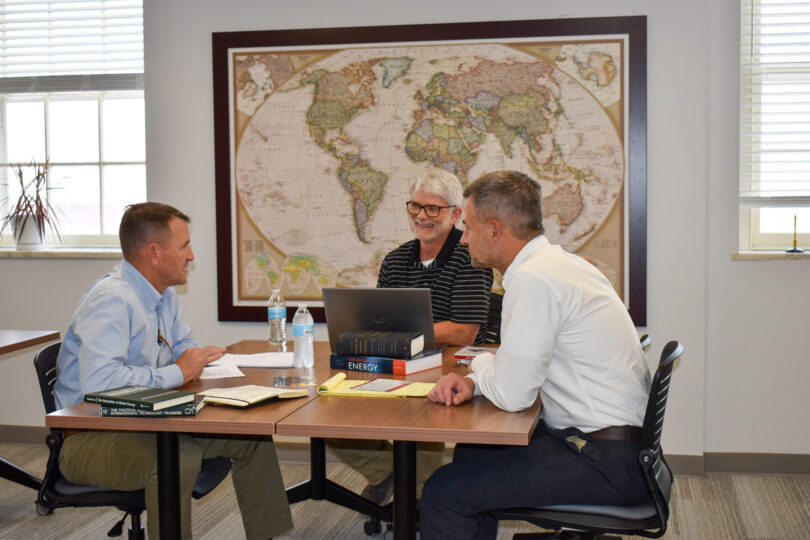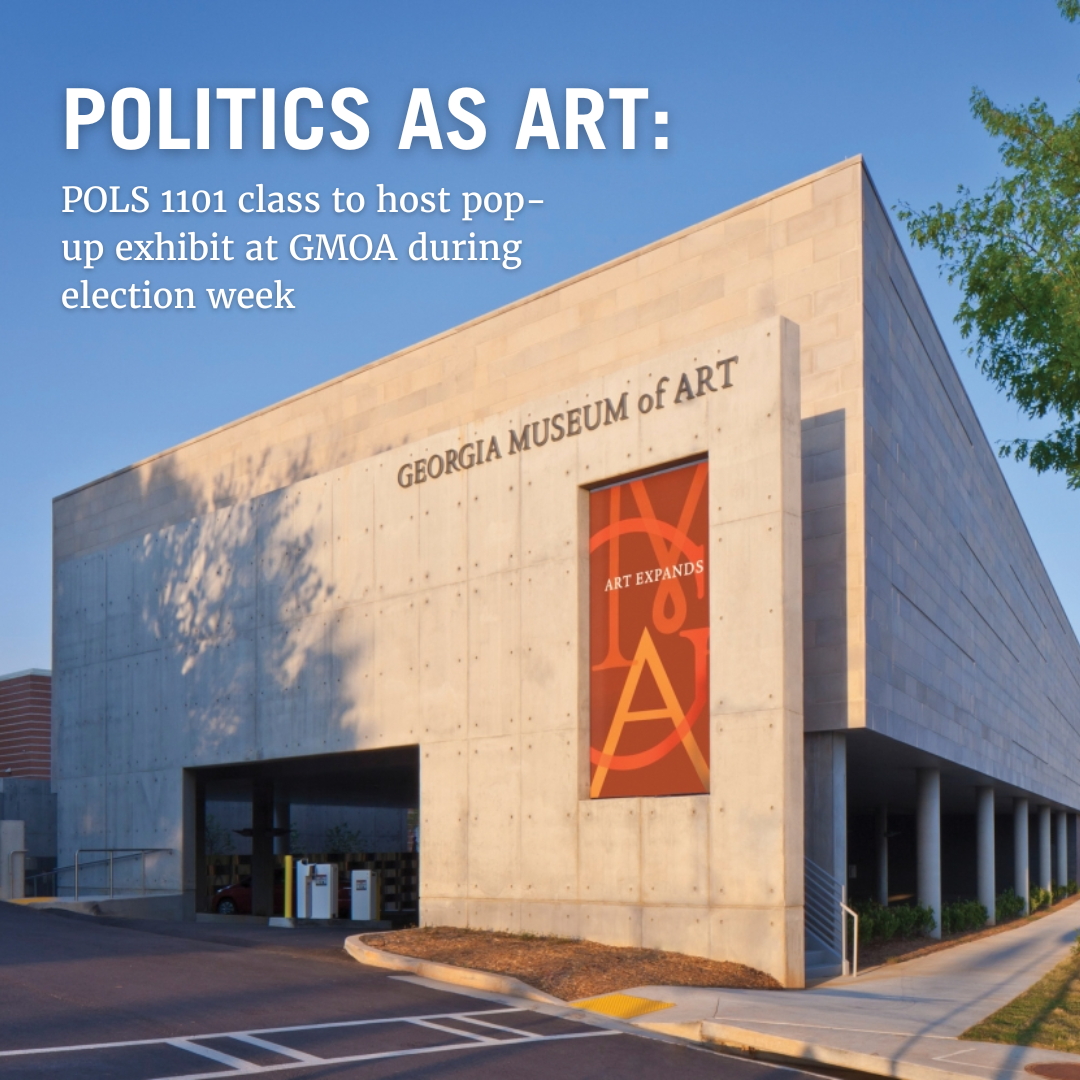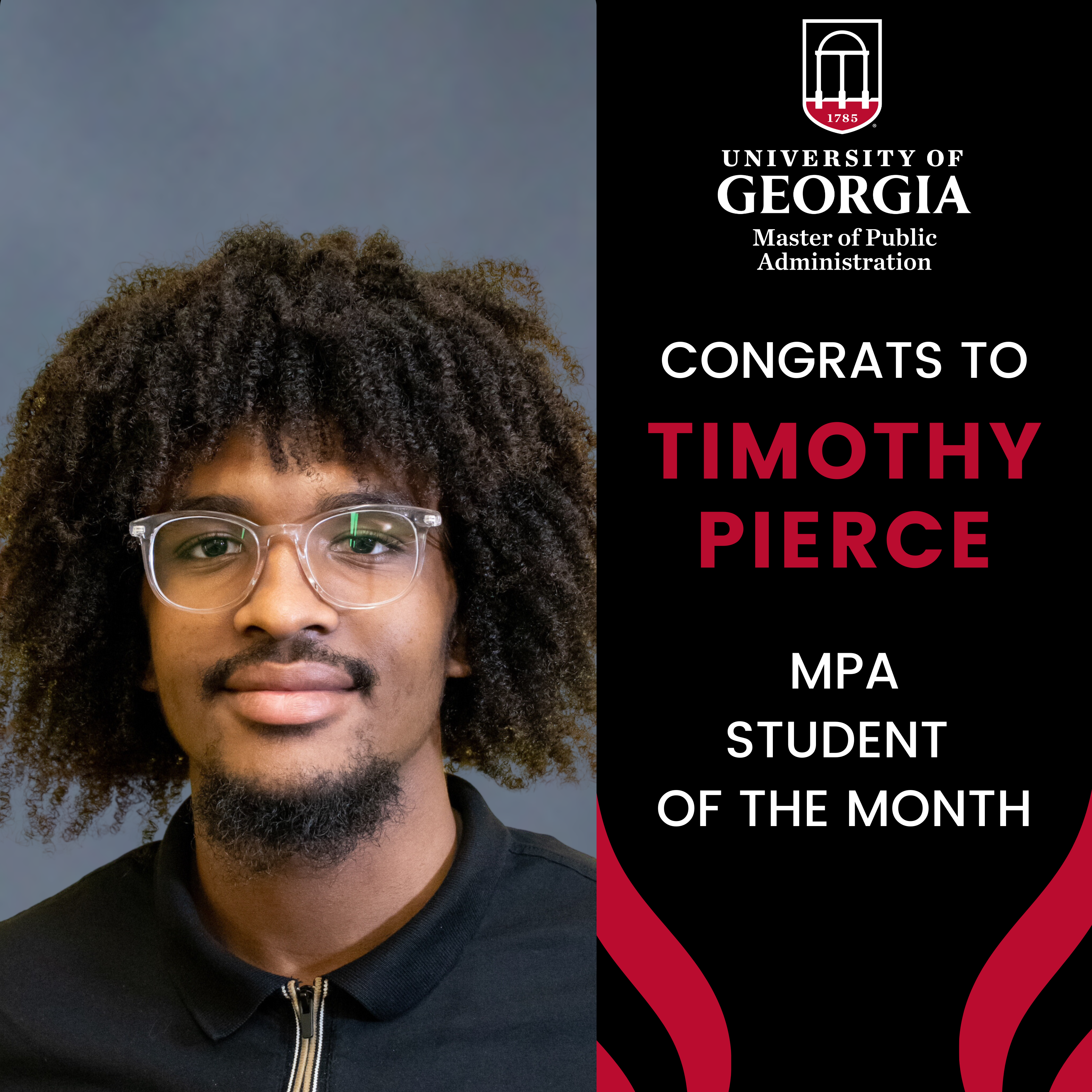
by Emily Gayle
On Friday, April 1st, 2022, eight speakers took the stage at the historic Morton Theater for TEDxUGA. Staff, students, and alumni presented ideas that inspired “Wonder” in areas like emerging technologies and the importance of community participation.
One of the phenomenal speakers was SPIA student, Sudhan Chitgopkar. Educating the audience on the power and evidence of math in nature, Sudhan explores what patterns in nature can broadly tell us about whether math was discovered or invented.
For Sudhan, a third-year International Affairs and Computer Science major from Cumming, Georgia, this experience was “surreal,” saying it is “not something I thought I would get the opportunity to do.”
As a member of Model United Nations, UGAHacks, the UGA Small Satellite Research Lab (SSRL), and the Franklin Residential College, a living-learning community on campus, he has been able to participate in settings that have nurtured his interests in math, generative art, coding, and technology policy.
His introductory courses in comparative politics and international law have given him a deeper appreciation and understanding of how people and countries behave and interact with one another. He loves that his professors, like Dr. White and Dr. Carmichael, give their all and are passionate not only about what they teach but how they teach.
“We learn by doing and engaging with content at a meaningful level,” he says, referencing his educational experience with Dr. Carmichael.
Sudhan also credits his non-SPIA professors for allowing him to pursue his other passions in math and computer science. He attributes his “love and minor for math” to Dr. Gerasim Iliev, his Calculus 1 and II professor, because he has a “genuine and unadulterated love for math.” While Dr. Rashid in the computer science department has taught him how to problem solve through evolutionary computation – how it mimics natural selection to solve problems through math.
His work on projects like JADE, a drawing engine, and MEMESAT-1 & MOCI, educational and topographic satellites, have allowed him to expand his hands-on experience with technology, while also creating something that others will use and find benefit from. He encourages everyone to take Introduction to Programming and Introduction to Comparative Politics as they both are becoming increasingly more relevant in our everyday lives.
Speaking at TEDxUGA was just one way he expressed his combined interests. Sudhan’s strategic decision to double major and minor in math, an arguably abnormal choice for a SPIA student, came to life as he discovered more about technology policy. He says that policy makers could do a better job of understanding the details of the technology they are passing policy about. Similarly, he says, computer scientists can do a better job of understanding how what they are building affects the world.
He loves being able to understand both sides of the debate. “Seeing how security issues go beyond technology and how policy can be implemented based on understanding of technology is a powerful tool,” he says.
This summer, Sudhan will be writing code for Amazon in Seattle as part of the serverless cloud architecture team. He is excited to use this opportunity to grow in his career, but also positively impact people’s lives and change the way we view the world.










